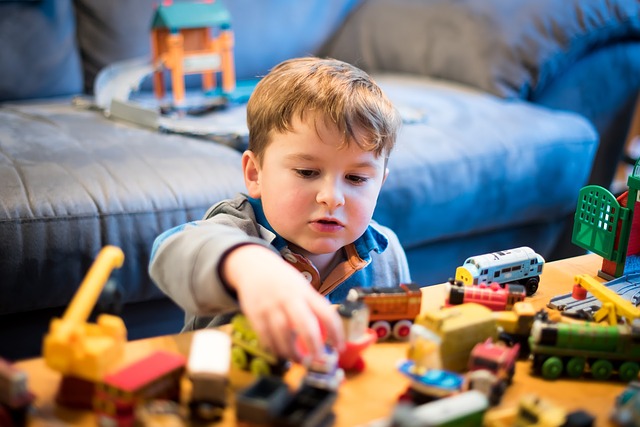For the one in nine Australian children living with asthma, going back to school can increase the likelihood of an asthma attack.
Studies in Australia and the UK have shown asthma hospitalisations surge during the first month of the school year, with cases in Australia rising as much as threefold in children aged five to 14 years and doubling in pre-schoolers.
While increased risks have also been recorded at the start of subsequent school terms, the February spike is by far the most significant. In Australia, approximately 20%-25% of children’s hospital admissions for asthma occur in February.
Childhood asthma peaks in primary school aged kids and affects mainly boys, however the group at highest risk from asthma death in childhood is adolescent boys.
Dr Louisa Owens, Respiratory Paediatrician and National Asthma Council Australia spokesperson, says that parents and carers should identify contributing factors to children’s asthma flare-ups and take steps to help prevent them.
“Possible causes for flare-ups in February include not taking medication as prescribed during the summer holidays; the stress of returning to school; allergic triggers at school such as mould and dust and close quarters with new classmates who can bring a new batch of cold and flu bugs.
“For parents and carers, if you see your child is using more of their blue reliever (eg Ventolin or Asmol), make sure you take them to the GP to have their asthma reviewed,” said Dr Owens.
By following this checklist parents can help increase the likelihood of children with asthma having a symptom-free return to school:
- Schedule an asthma check-up with your health provider.
- Share a copy of your child’s up-to-date written Asthma Action Plan with school staff and after school carers.
- Ask your child to let school staff know when their asthma is flaring up.
- If your child has exercise induced asthma, ensure they take their reliever before sport.
- Explain to your child their asthma triggers and why it’s important to avoid them.
- Make sure your child is taking asthma prevention medicine, as prescribed.
- Check that your child knows how to effectively use their puffer by themselves (if old enough), or with help.
- Get the seasonal flu shot every year for your child and family members.
The National Asthma Council has useful resources available on its website.

